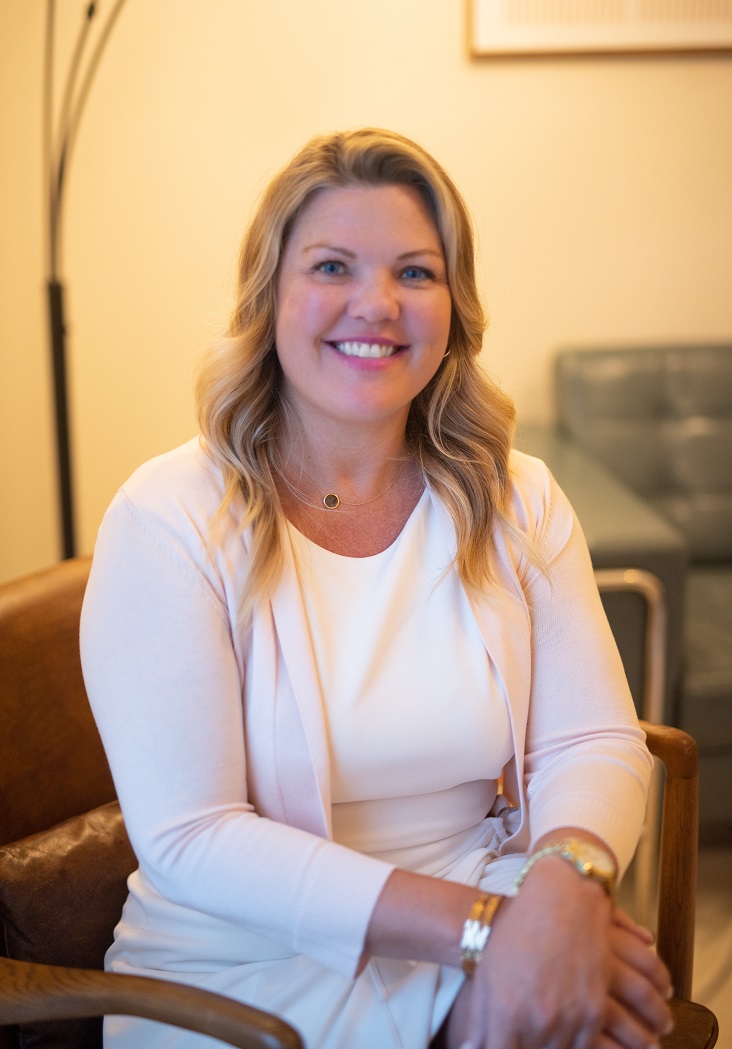Therapy for Anxiety
Long Term Relief for Anxiety

Therapy for anxiety in Orlando is a proven, long-term solution for anxiety relief. It has been shown that through anxiety counseling techniques, such as Cognitive Behavioral therapy, people can avoid medication or eliminate it altogether. This is one reason people choose to seek professional help from an anxiety therapist. Starting anxiety therapy with a mental health counselor is one of the best places to begin for help with your anxiety.
Anxiety can be debilitating
Chronic anxiety is linked to more bodily pain, low mood, decreased concentration, and sleep troubles- just to name a few. It is important if you are experiencing these symptoms to assess if anxiety therapy may be the right treatment for you. There are many approaches to anxiety therapy, and one that will be focused on in today’s blog is a strengths-based perspective.
The Strengths-Based approach
The Strengths-based counselor approaches anxiety therapy by building on the resources that you already have. This is often achieved through on-going check-ins about what is currently working for you. For example, your therapist may ask you what you usually do when feeling anxious. What you currently do may be working to some degree, and that can be built upon. During anxiety therapy, when discussing your strengths with your anxiety counselor, you may realize that you already have some positive coping skills in your tool-box. Recognizing this can help boost self-confidence and overall wellbeing.
What about coping skills?
You may also find that you have a handful of poor coping skills, or less-than-ideal qualities that result in negative consequences (e.g. drinking alcohol, engaging in risky behaviors, avoiding intimacy, etc.). The strengths-based perspective does not deny this but rather works with it by focusing on the pay-offs of your behaviors, which can build an understanding around why you are coping in such a way.

To illustrate, you may like smoking cigarettes because it helps calm you down. The pay-off of cigarettes is the relief you feel when smoking them. However, the negative consequences of this coping skill will also be explored, and perhaps a new coping skill can be implemented.
It is important in the strengths-based approach that the client is the expert on their life, so interventions will be built off what you already bring to the table. After all, nobody knows you better than you do. If you enjoy writing, journaling may be useful. If you like to paint, you may intentionally paint more to cope. Whatever works for you will be focused on during your anxiety therapy sessions, because chances are that you have many positive qualities and skills to be tapped into.
Consider what you are good at
Reflect on what in your life is going well. What qualities or talents do you possess that you are proud of? How are these qualities useful or meaningful to you? By looking at what you are good at, you will experience an increased sense of wellbeing. Focusing on strengths is a practice that does not come naturally to many of us. However, it is a vital skill for mental health. Whenever you can, try to look at what is good about you/your behavior and use that to your advantage.
Building resilience
Prevention is just as important in mental health care as physical health care. To become resilient in the face of anxiety, you will want to do a few things.
- Get enough sleep. Try to get at least 7-9 hours of quality sleep each night.
- Eat well. Be sure you are meeting all your nutrient needs and eating an abundance of fruits, vegetables, legumes, and whole grains. It is a good idea to get your bloodwork done and see your doctor for an annual check-up.
- Get some sun. An adequate amount of sunlight is important to acquire daily in order to keep your mood regulated.
- Exercise. Exercise has been shown to increase mood again and again. We know that physical activity has a direct link to overall wellbeing, so be sure to get active. Starting slow is a great idea. You may begin by taking walks, for example.
- Use mindfulness. Taking time to pay attention to your surroundings, breath, and bodily sensations can help you develop a sense of calm.

There are many techniques that have been shown to reduce or eliminate anxiety that do not require medication. These are just a few suggestions. Working with an anxiety counselor or starting anxiety therapy in Orlando will give you the best treatment available. It will also give you an opportunity to develop long-lasting skills and anxiety relief that isn’t reliant on medication.
You can contact Orlando Thrive Therapy today and speak with one of our mental health counselors about how anxiety therapy in Orlando works. There is nothing worse than living with the debilitating anxiety symptoms that happen over time. Our counselors are ready and can help you.
